Building Community During a Pandemic at Pandora and SiriusXM
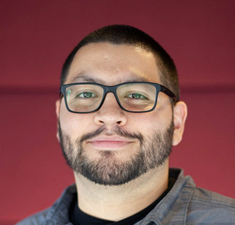 We’re several months into the COVID-19 pandemic and the daily loss of lives is still devastating and the longterm effects on our communities and society as a whole have yet to be seen. For many of us, the pandemic has affected our routines, our families, our work, and our livelihood. While some online communities have seen more engagement from community members (I love this story that mentions how Ethel’s Club pivoted from a brick and mortar social club to an online one), we’re also seeing tremendous layoffs across all industries.
We’re several months into the COVID-19 pandemic and the daily loss of lives is still devastating and the longterm effects on our communities and society as a whole have yet to be seen. For many of us, the pandemic has affected our routines, our families, our work, and our livelihood. While some online communities have seen more engagement from community members (I love this story that mentions how Ethel’s Club pivoted from a brick and mortar social club to an online one), we’re also seeing tremendous layoffs across all industries.
Amidst all of this and despite being just a few months old, Pandora’s community is aspiring to be a space where members can connect over music and everything impacting their lives right now. In this episode, community manager Erick Linares shares the strategy behind the launch of the Pandora community and how he’s working with his team to foster great conversations.
Patrick and Erick also discuss:
- Why Erick thinks a superuser program will be integral to the Pandora community
- The challenge of making the case for a new community during the COVID-19 pandemic
- How the mentorship Erick received at Fitbit propelled his career growth and how he’s paying it forward
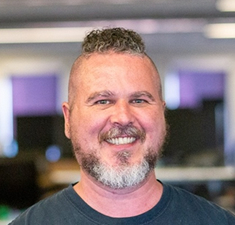 Nicholas Tolstoshev
Nicholas Tolstoshev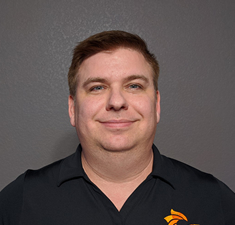 Every community has its own shared language and for the Spiceworks community, that shared language revolves around IT. Made up of IT professionals and service providers that support them,
Every community has its own shared language and for the Spiceworks community, that shared language revolves around IT. Made up of IT professionals and service providers that support them, 
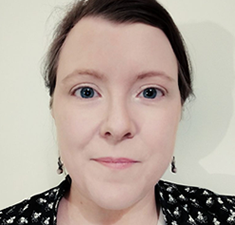
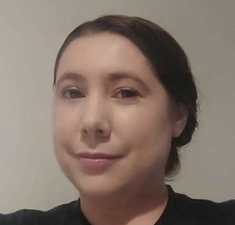 We started recording this episode about a week before its release, and since then, coronavirus COVID-19 has continued to spread across the globe. News and governmental guidance is being updated frequently and people in many regions are being mandated to stay home as much as possible in an effort to help
We started recording this episode about a week before its release, and since then, coronavirus COVID-19 has continued to spread across the globe. News and governmental guidance is being updated frequently and people in many regions are being mandated to stay home as much as possible in an effort to help 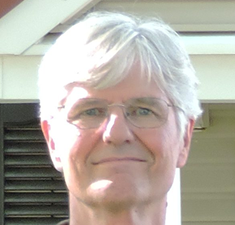 As community professionals, the array of platforms, reading material, conferences, and thought leaders available to us only continues to grow. And if you’ve read or written a job description for a community opportunity recently, you know that there’s often an expectation around technical literacy for everyone in the field.
As community professionals, the array of platforms, reading material, conferences, and thought leaders available to us only continues to grow. And if you’ve read or written a job description for a community opportunity recently, you know that there’s often an expectation around technical literacy for everyone in the field. Every company has the challenge of managing how to respond to customer feedback. But what if you’re managing a crowdsourcing community and actively asking people for their ideas and feedback? How do you make sure that every contributor feels seen and respected for their efforts, whether their idea becomes reality or not? These are the questions that
Every company has the challenge of managing how to respond to customer feedback. But what if you’re managing a crowdsourcing community and actively asking people for their ideas and feedback? How do you make sure that every contributor feels seen and respected for their efforts, whether their idea becomes reality or not? These are the questions that 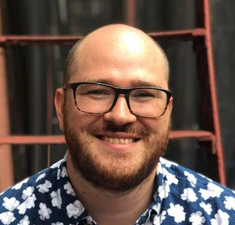 Community pro
Community pro 
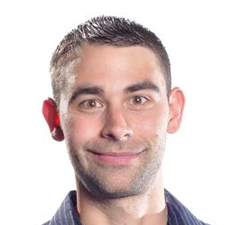
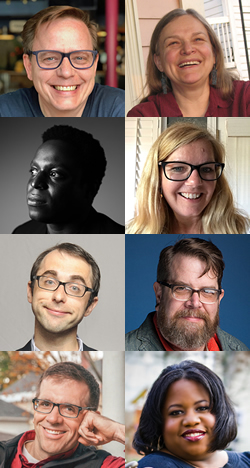 Section 230 of the Communications Decency Act
Section 230 of the Communications Decency Act